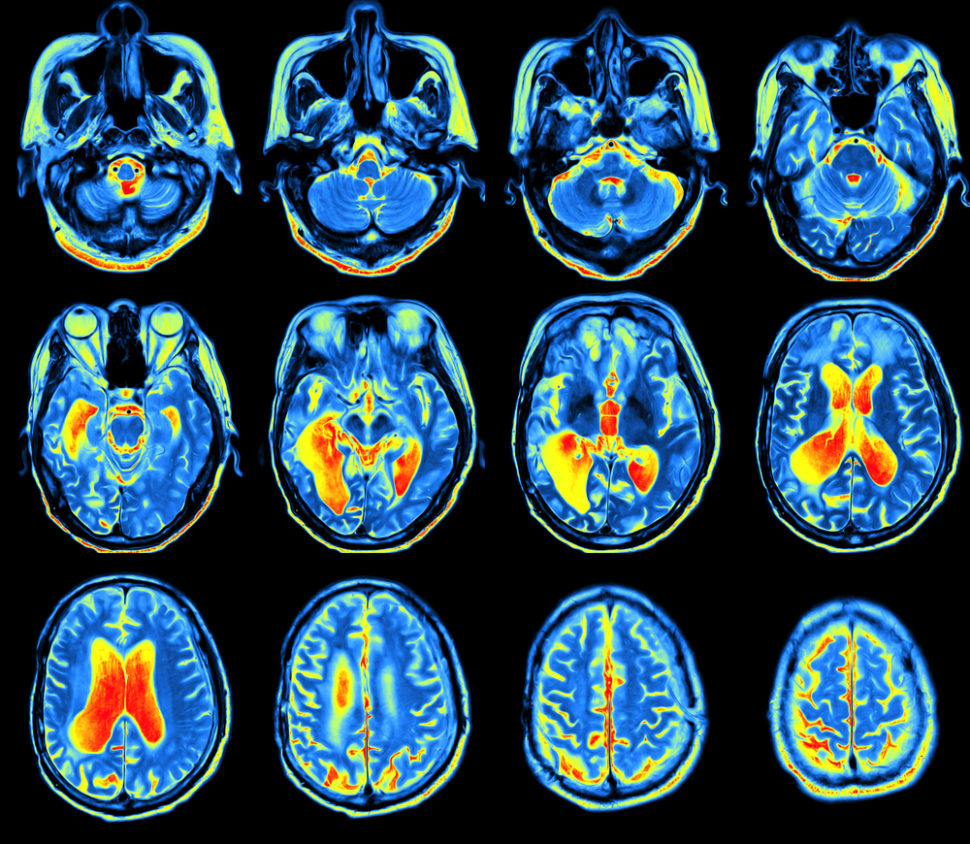Machine Learning algorithms can predict psychosis and depression outcomes for people, and more accurately than neuroimaging-based method.
Three percent of the population experience psychosis at some point in their lives, with symptoms usually starting between late teens to mid-twenties.
Psychosis is an umbrella term for mental conditions, like schizophrenia and psychotic depression, that causes patients to lose touch with reality with varying degrees.
Psychotic symptoms include visual and auditory hallucinations, out-of-character behavior, sleeplessness and irritation, reduced productivity, and other life-debilitating effects.
After they diagnose a person with psychosis or depression, psychiatrists can only predict how socially-disabled a patient can be based on their knowledge and prior experiences with other patients.
Doctors know that no two psychotic patients are the same, but AI could lend them a hand and challenge traditional techniques when it comes to predicting neurological disorders.
AI Predicts Social Outcomes of Mental Disorders
Treatments for psychotic disorders involves a combination of cognitive behavior therapy to teach patients how to regain their control over their mind and drugs to alleviate symptoms.
As is often the case with health disorders, and especially those affecting the brain (like Alzheimer’s and Parkinson) or the mind (like psychosis and depression), early diagnosis, as in the first year from the onset of symptoms, greatly increases the chance at better recovery.
Diagnosis is a domain AI is set to excel at, but its predictive power doesn’t stop here as it can also predict the functional outcomes of mental disorders.
An international team of psychotherapists asked this question and sought out to answer it:
“Can we develop accurate prediction models for future social and occupational disability in individuals in clinical high-risk states of psychosis or with recent-onset depression?”
The answer is a resounding yes, and with 76% accuracy!
Alongside 176 healthy controls, 116 people at clinically high risk of developing psychosis and 120 individuals that recently experienced depression onset, all aged between 15 and 40, participated in the study.
The Machine Learning model the team used “could correctly predict social outcomes one year later in 83 percent of psychosis patients and 70 percent of patients with depression”.
Professor Stephen Wood, who led the Australia team, said in a statement:
“Predicting social outcomes is important as among young people and emerging adults in OECD countries the top causes of ‘disability’ – and poor social functioning is included in that – are mostly disorders of mental health, including those that typically present with a first episode of psychosis… By being able to better predict what will happen to people at high risk of psychosis or with recent onset depression over time, we are able to provide individualized treatments to clients when they first present to mental health services and potentially improve their social functioning”.
If such AI predictive models are validated more, they could help clinicians prevent social and professional disabilities in such cases of psychosis and depression, or at least help them prepare more personalized treatment.



















Comments (0)
Most Recent